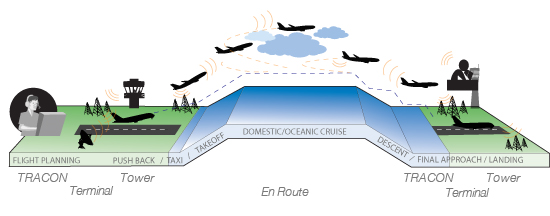Cuba Advocates Take Note: U.S. Department Of State Reiterates Importance Of Working With U.S. Congress "on the landing but also at takeoff, also mid-air"
/United States Department of State
Washington DC
8 April 2021
Ned Price, Spokesperson
Briefing Excerpt (bold added)
QUESTION: China – I wanted to ask – Senators Menendez and Risch unveiled their comprehensive bipartisan China legislation, the Strategic Competition Act. I haven’t gone all the way through it, but it mentions sanctions a couple dozen times. Is the State Department or the administration involved in working with them on that? Does it approve of this legislation? Is it a good idea for Congress to be setting foreign policy and sanctions rules, or is that something that the administration would prefer to do in consultation with Congress and allies?
MR PRICE: Well, as a general rule, we don’t comment on pending legislation, so I won’t comment on this legislation specifically. What I will say, however, is that we know when it comes to the challenges we face in the world – and of course we have spoken of competition with China as a defining challenge for this administration – that we will enjoy the greatest amount of success when we work hand-in-hand with Congress, and when our proposals find support on both sides of the aisle in Congress, and that when we work closely with Congress on their proposals.
We have been heartened that there is a good deal of bipartisan agreement when it comes to how we should and could approach the government in Beijing, the PRC. This is precisely one of the reasons why, following their consultations, their discussions, I should say, with their Chinese – with their PRC counterparts, National Security Advisor Sullivan and Secretary Blinken met with Alaska’s two Republican senators. We know that any approach to the PRC has to be – has to have bipartisan support. It has to have the support of Congress. It’s precisely why this Secretary has committed to consultations with Congress, as he likes to say, not only on the landing but also at takeoff, also mid-air. And that’s precisely what we’ve been doing, and we look forward to continuing that engagement on China.
QUESTION: Has that engagement begun with the Senate Foreign Relations Committee on China and other issues?
MR PRICE: We have had a number of occasion to – I don’t want to read out specific briefings, but we have had a number of occasions to send briefers from this building to offer insight into our thinking on any number of challenges, to update lawmakers on what it is we’re doing, to seek their ideas on how we could work together to take on challenges. And, of course, as I said before, our approach to the PRC and the competition with China is a defining challenge for this administration.
QUESTION: Ned, just on your takeoff, mid-flight, and landing consultations with Congress, I want to go back to something yesterday, the resumption of aid to the Palestinians. You said, as you were announcing it, that we have been gratified by the bipartisan support or by the reaction that we have had from Congress on a bipartisan basis. What’s the basis for that? I’m – are you aware of a single Republican who has come out in support of this?
MR PRICE: The basis for that, Matt, are reactions we have heard, again, in our consultations with Congress, as you may know – as you may know better than most, given your reporting. We have consulted with Congress and we did consult with Congress on this funding decision.




